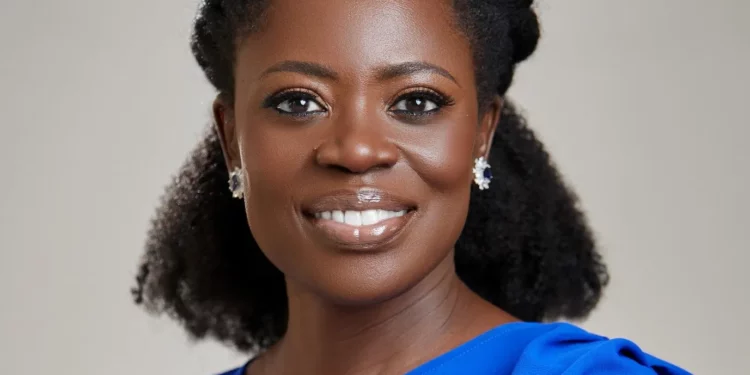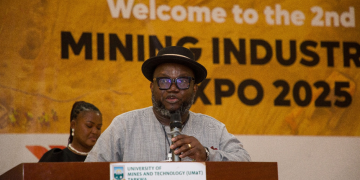GSE eyes $14.3bn Nigerian pension funds investment in local bourse
Managing Director of the Ghana Stock Exchange (GSE), Abena Amoah, has said the local bourse is looking to attract investments not only from Ghanaian pension funds but also Nigerian pension funds as well as pension funds across the African region.
As of January 2024, the total value of Nigerian pension funds in dollar terms was valued at $14.39bn, Ghana has readily investable pension funds to the tune of GHS 50 billion ($3.29bn)
According to Ms Amoah, pension fund assets in the equity market of the local bourse two years ago was less than 2%, that has however increased to almost 10% with the GSE working really hard to grow the share of pension fund assets in the years ahead.
Making the assertion in an interview with Bloomberg monitored by norvanreports on the sidelines of the Building African Financial Markets Seminar in South Africa themed, ‘Navigating new horizons: Evolving African Financial Markets’, Ms Amoah noted the GSE is seriously engaging with pension funds in Ghana to see how the over GHS 50 billion funds can be made available to companies as capital for investment and business expansion.
“Pension fund money is 30-year money, it’s patient capital and that’s the type of money we need to invest in the real sector of the economy. So we’re working with them, training them, engaging them, introducing different asset classes, natural resources, gold, lithium, salt, and manufacturing companies to them to see how they can deploy capital for companies’ needs,” she stated.
“But we are not only looking at Ghana, we’re looking regionally, looking at Nigeria and other African pension funds as well as global investors,” she added.
Speaking further, Ms Amoah noted that despite the availability of pension funds readily to be deployed as capital for companies, only a few companies are stepping up to take advantage of the readily available funds.
“Our biggest challenge is finding companies to step up and take the capital. Because what we’ve seen is that there’s capital looking for investment opportunities and few companies stepping up for it.
“And I think there’s a plethora of reasons for that, and I think it has to do with the macroeconomic challenges with high inflation, high interest rates, and also the exchange rate situation has made a lot of companies go into a wait-and-see mode. And we also realized that we didn’t have the full suite of financing options that a company can look at and that was why we recently launched the Commercial Paper Market,” she quipped.
According to Ms Amoah, the Exchange is beginning to see good signs of recovery in its main equities market following the domestic debt restructuring programme that affected not only the equities market but also the other two main markets which are the fixed-income market and the alternative market.
Further attributing the recovery in the markets to the progress made in the ongoing Government’s external debt restructuring programme.
She noted that the GSE equity market has been bullish this year with the Composite Index recording over 20% year-to-date returns on equities for investors.
The current market capitalization of the GSE stands at GHS 84.38 billion.








